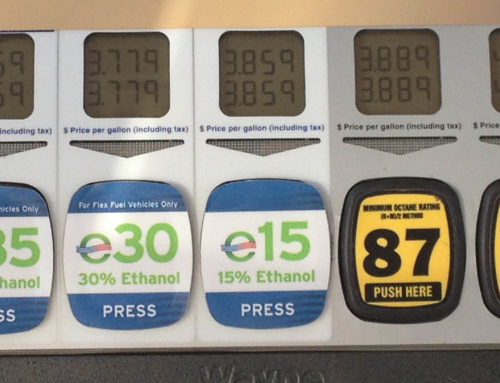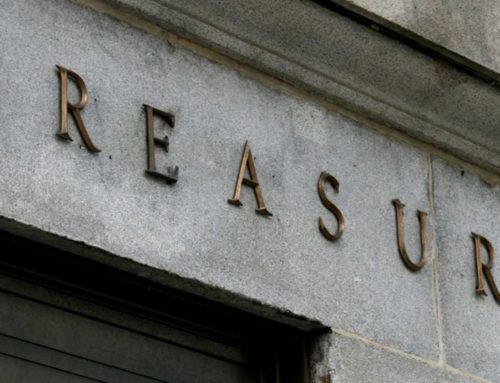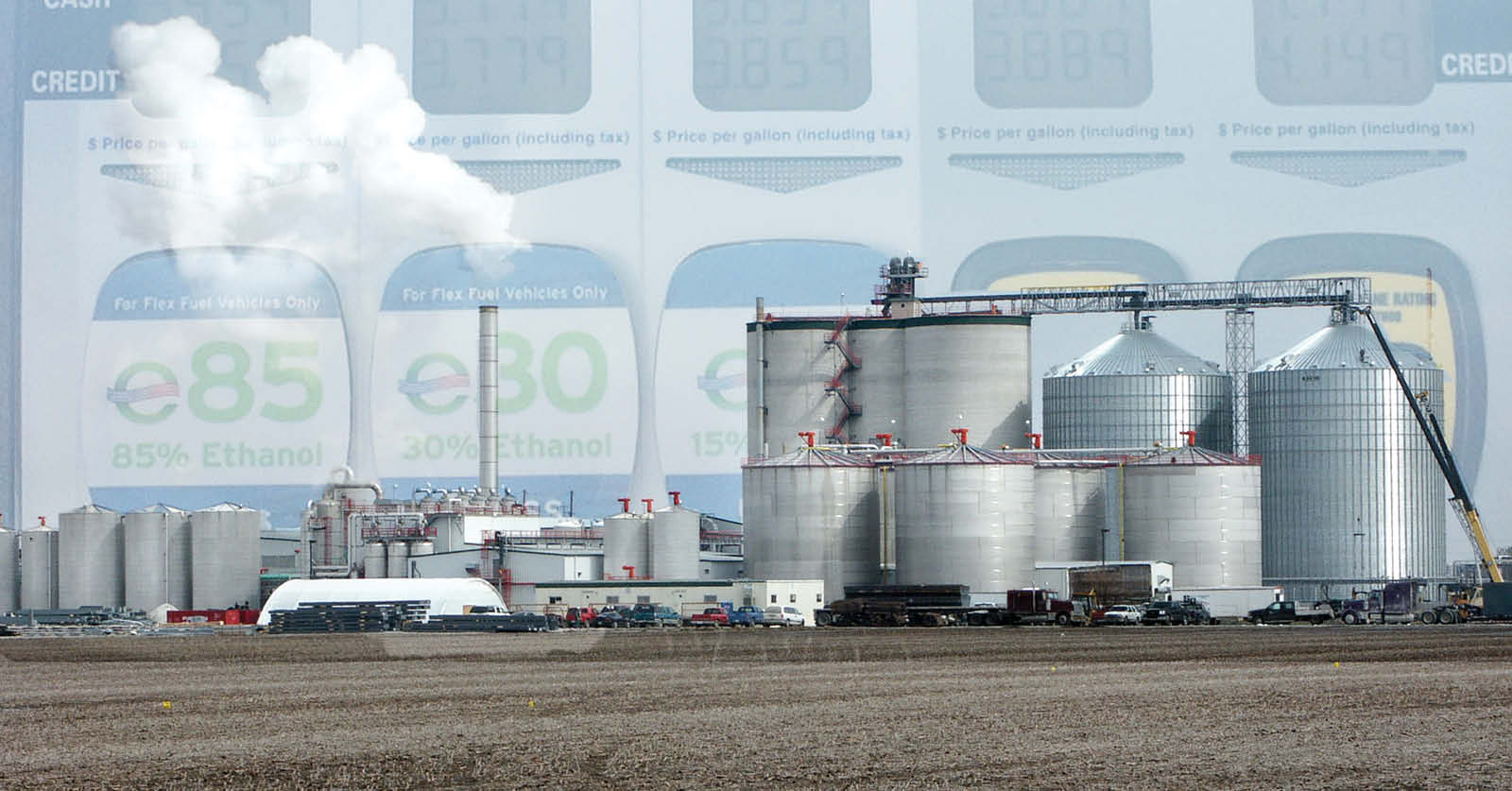As the world’s leaders prepare for international climate change negotiations in Kyoto, Japan in December, the U.S. is quietly encouraging fossil fuel emissions. Federal subsidies for fossil fuels, including direct expenditures, tax breaks, and low-interest loans, cost taxpayers over $5 billion per year. Cutting these subsidies would reduce greenhouse gas emissions significantly, according to studies prepared for the U.S. Environmental Protection Agency (EPA).
Among the worst of the $5 billion in subsidies highlighted in a new fact sheet from Taxpayers for Common Sense are funds for a rural electrification agency that continue to drain $900 million per year even though the agency’s purpose has long been fulfilled. Also, a $1.3 billion tax break that was intended to go towards “non-conventional” fuels has primarily encouraged oil and gas production.
Eliminating all federal energy subsidies would reduce U.S. carbon emissions by 4 percent, or 65-70 million metric tons annually, according to a study prepared for the EPA. This is 30% of the reduction the U.S. will need to reach 1990 emission levels, a current benchmark for reductions acknowledged by President Clinton and other global leaders.
The near elimination of coal subsidies in Great Britain has helped that country cut coal burning dramatically and hold its carbon emissions below 1990 levels in 1996.
Cutting government support for fossil fuels is supported by economists, climate scientists, international organizations, and free-market activists. Citizens Against Government Waste, U.S. Public Interest Research Group, Americans for Tax Reform, Public Citizen, National Taxpayers Union, Friends of the Earth, Citizens for a Sound Economy, and Competitive Enterprise Institute joined Rep. John Kasich (R-OH) earlier this year to state that subsidies for fossil fuel research and development “must go.”
Between 1918 to 1978, the fossil fuel industry received over $150 billion in subsidies from the federal government, according to the U.S. Department of Energy.










